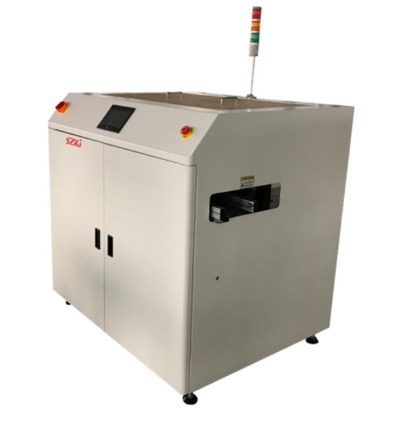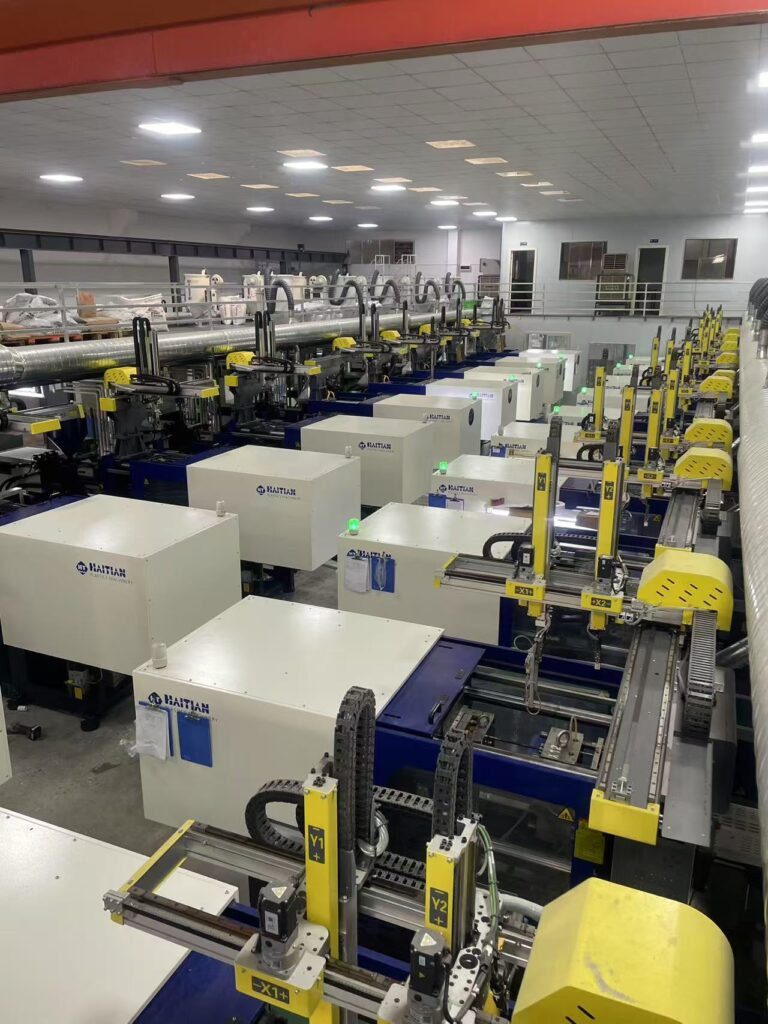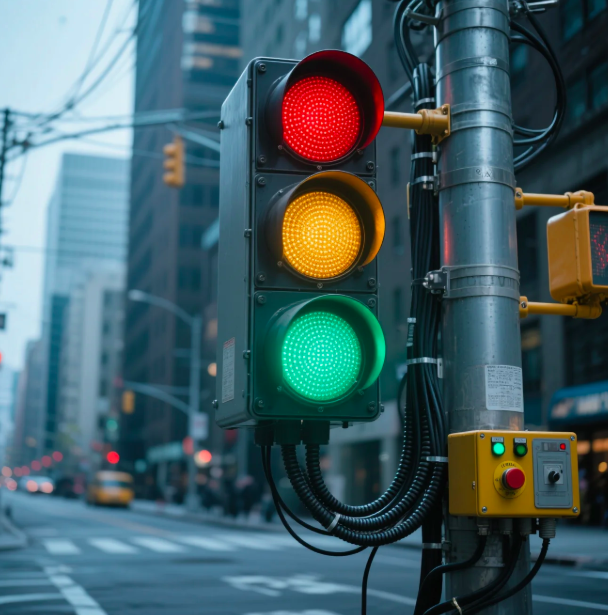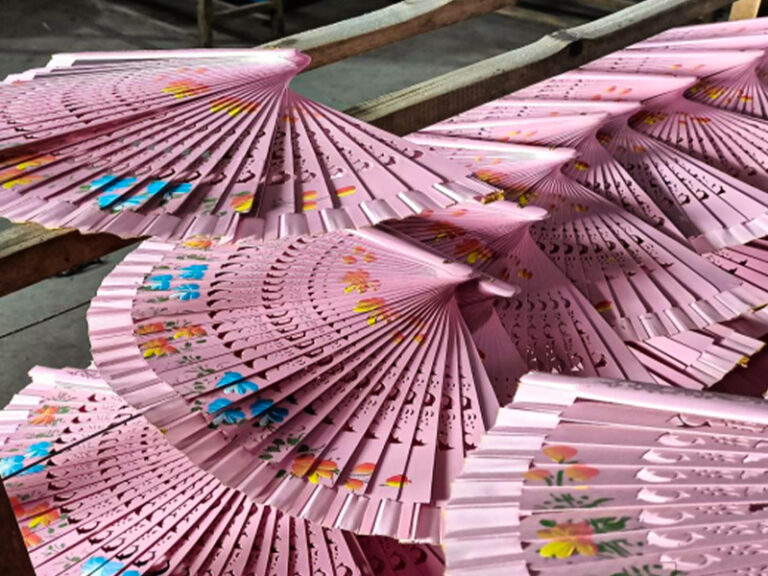Off-grid solar power systems have become a viable solution for homes and businesses. A key element of these systems is the off-grid inverter, which plays an important role in transferring power generated from solar panels and batteries from DC to usable AC.
It may be confusing when choosing the right off-grid inverter, but in this article, we will offer you insights on what to look for to enable you to make the right choice.
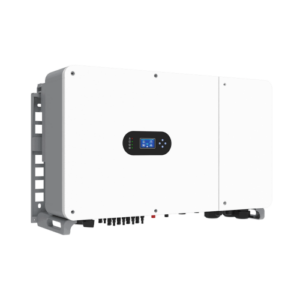

Key Factors to Consider:
1. Power Rating:
Another way is to estimate the daily amount of energy you need to find out the capacity needed for the inverter. Consider factors such as the number of appliances, the wattages of each appliance, and the usage frequency. Businesses should choose an inverter with a slightly higher power rating necessary for their expected energy needs shortly.2. Inverter Type:
The Power frequency of Pure Sine Wave invertors is sinusoidal hence a better quality AC power for use by sensitive electronic devices like computers, music systems, and other medical instruments. Modified Sine Wave inverters are relatively cheaper which makes them to be suitable for most applications other than for using motor-driven power tools.3. Battery Compatibility:
- Choose Compatible Batteries: Choose a compatible battery type for your off-grid inverter; you can go for lead-acid or lithium-ion batteries.
- Battery Capacity: You should think about the time you would require to back up as well as the energy storage capacity before deciding on one battery capacity.
4. Inverter Efficiency:
An inverter of high efficiency allows less energy to be lost in the transforming process, resulting in less cost.5. Safety Features:
- Overload Protection: Protects the inverter from overloading to the extent that it can be damaged.
- Short Circuit Protection: Protects against electric shorts which are responsible for electrical fires.
- Overvoltage and Under-voltage Protection: Supports the right ambient circumstances of the inverter and battery.

